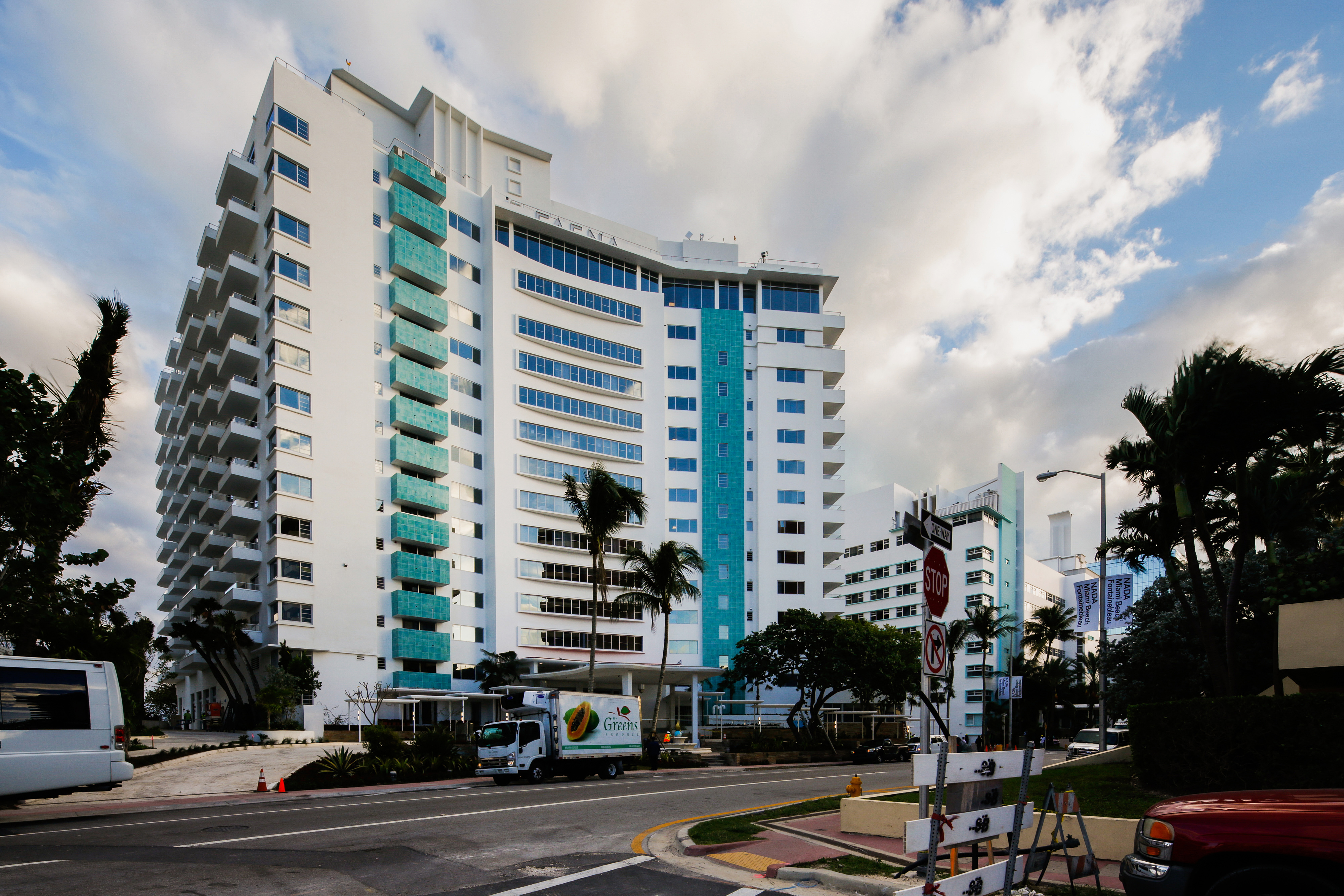
One of the themes that emerged as I traveled to presidential primaries and caucuses this winter was that the rise of Donald Trump and the one-upmanship among Republican candidates to show who was toughest on immigration had left the party with an us-against-them stance toward Hispanic Americans. In other words, Republicans appeared ready to forgo this large and growing segment of the electorate to placate their base. Then I came to Florida, where Hispanics, far from being a dispensable voting bloc, are, in fact, the Republican base. The establishment here is not the same here as in the other states I've visited during this campaign: It's not made up of affluent white people. In Miami, the spirit and pace of the place are Latin American, and Spanish is heard more frequently than English and a big part of the Republican machine is Cuban. But this election is presenting these voters with an extraordinary dilemma: Even though the Republican field features two Cuban-Americans -- Senators Marco Rubio and Ted Cruz -- a politician who has made xenophobia a cornerstone of his campaign has won the most contests, leads in the polls and may well be the party's nominee. At an earlier stage in the race, the older Cubans -- those with deep ties to the Republican Party and visceral anti-Communist feelings resulting from their forced departure from Cuba after the revolution -- backed Jeb Bush, who had built strong ties with them during his governorship. Bush's former protege/nomination rival Rubio is one of their own. The Cuban community saw, and continues to see, Cruz as a more of a Texan. "Have you ever seen Cuban flags at a Cruz rally?" Miami lawyer Sergio Medina asked me. "You see the Lone Star, and it kind of looks similar but believe me, it's not the same." Yet the candidates that the Hispanic establishment banked on have fizzled. Bush is out of the race, and Rubio is faltering so badly that, Miami pollster Fernand Amandi told me, the practical Florida Cubans "may not want to waste their votes on someone who is obviously not doing well." It may be a cultural issue -- not all the Hispanics I have asked agree on this -- but there appears to be a stronger sense among this group of voters that a candidate needs to be serious and solid. Miami is a city where men of standing wear impeccable suits in the wilting heat, and where gravitas is valued -- just as it is in Russia, my home country. Medina's face takes on a pained expression when he talks about Rubio's recent descent into puerility and playground insults directed at Trump: That's something a grown-up candidate shouldn't even contemplate doing. But with Rubio hobbled, Cruz neither known nor trusted, and Governor John Kasich of Ohio an afterthought, that only leaves Trump. Sure, he likes to say that Florida is his "second home," and his tough-on-the-border might even some appeal to Florida's Cubans and Puerto Ricans, who don't recognise themselves in the Mexican immigrants or Muslims that Trump often singles out. Yet, Amandi says, the underlying message is unmistakably hostile. "They hear the rhetoric and see it as anti-Hispanic. They are offended by the tone and the language," Medina, who is Puerto Rican but has lived in Florida for the last 40 years, does a lot of pro bono work for illegal immigrants trying to make their status official. He's backing Rubio in the primary, among other things because he says Trump's deportation proposals violate due process, apart from being distasteful and un-American. "Immigrants work hard and they contribute to the country, even Trump knows that -- he probably employs more of them than he cares to admit," the lawyer says. "The Hispanic community here certainly knows that." But the March 15 primary vote isn't the end of the story. Florida is an almost indispensable state for the Republicans in the general election, and a Trump nomination could spell trouble. "The Florida Hispanic voters are the ultimate swing voters in a swing state," Amandi said. "The Republican map to 270 electoral votes is impossible without Florida's 29, and those are impossible without the Hispanics. They may be the most important voters in the US" In the fall, some of the staunch Cuban Republicans in Florida may vote for Trump just to keep Hillary Clinton out of the White House. "People will need to think about the endgame," Medina says. "When we get beyond the current craziness, it'll be about who can get more traction against the Democratic candidate." Trump, he says, may be the only option -- but any Hispanic votes for him here will be reluctant, based on an understanding that, as Medina says, "this country has an uncanny ability to run itself" even if the president is inadequate. - Bloomberg View